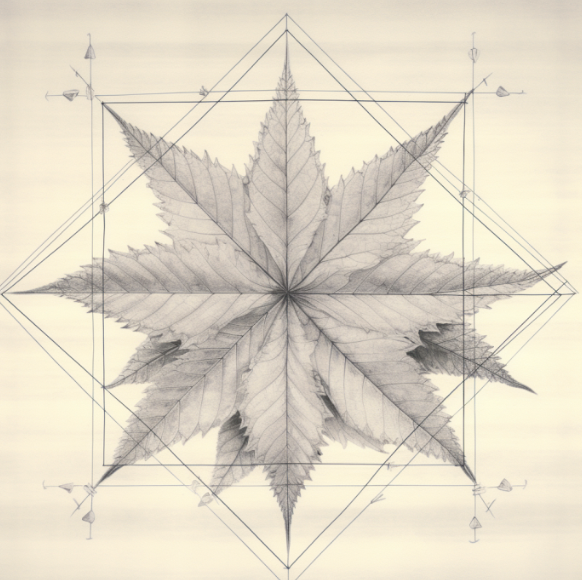Does Acupuncture Help with Anxiety and Stress?
Introduction
In an increasingly fast-paced and stressful world, the search for effective methods to manage anxiety and stress has intensified. This is especially true in high-powered places like New York City. Acupuncture, an ancient Chinese practice, has garnered significant attention as a potential remedy for these common ailments. But does acupuncture truly live up to its claims as an anxiety and stress reliever? In this article, we delve into the research and explore whether acupuncture can be a beneficial treatment option.
Understanding Acupuncture
Acupuncture is a holistic healing technique that involves inserting thin needles into specific points on the body. These points, known as acupuncture points or acupoints, are believed to be pathways for the flow of energy or "qi." By stimulating these points, acupuncture aims to restore the balance of energy and promote overall well-being.
Anxiety and Stress: A Modern Epidemic
Anxiety and stress are prevalent conditions that affect millions of individuals worldwide. They can manifest in various ways, including excessive worry, restlessness, irritability, difficulty concentrating, and sleep disturbances. Left untreated, chronic anxiety and stress can have detrimental effects on both mental and physical health.
The Promise of Acupuncture
Advocates of acupuncture argue that the practice can effectively alleviate anxiety and stress by promoting relaxation, reducing muscle tension, and regulating the body's stress response. Proponents also claim that acupuncture helps rebalance the body's energy flow, leading to improved mental and emotional well-being.
Research Findings
Numerous studies have been conducted to investigate the efficacy of acupuncture in managing anxiety and stress. While the results are mixed, some studies suggest that acupuncture may provide certain benefits. However, it is important to note that the quality of research in this field can vary, and more high-quality, large-scale trials are needed to draw definitive conclusions.
A 2018 systematic review published in the Journal of Acupuncture and Meridian Studies analyzed 20 randomized controlled trials involving over 1,600 participants. The review found that acupuncture was associated with a significant reduction in anxiety symptoms compared to control groups.
Another systematic review published in the Journal of Evidence-Based Medicine in 2019 evaluated the effects of acupuncture on stress and anxiety in women. The review included 18 studies and concluded that acupuncture had a positive impact on stress and anxiety reduction in this specific population.
Mechanisms of Action
The exact mechanisms underlying acupuncture's potential effects on anxiety and stress remain unclear. Some researchers propose that acupuncture stimulates the release of endorphins and other neurotransmitters, which can induce a calming effect. Additionally, acupuncture may modulate the autonomic nervous system, leading to reduced stress responses.
The Importance of Individualized Treatment
Acupuncture is a highly individualized therapy, and the choice of acupoints, needle technique, and treatment frequency may vary based on the specific needs of each person. Therefore, it is crucial to consider personalized treatment plans when evaluating the potential benefits of acupuncture for anxiety and stress.
Conclusion
There is promising research suggesting acupuncture reduces anxiety. Acupuncture may serve as a complementary approach to conventional treatments, offering a non-invasive option for individuals seeking alternative methods to manage anxiety and stress.
It is important to consult with a qualified and licensed acupuncturist or healthcare professional before undergoing acupuncture treatment. They can provide personalized guidance and determine whether acupuncture is a suitable option for an individual's specific circumstances. In New York City, one such option is JSK Acupuncture. Book an appointment.
